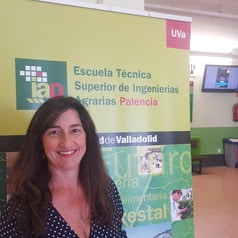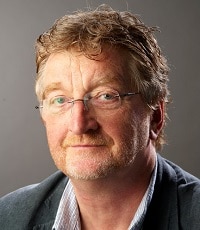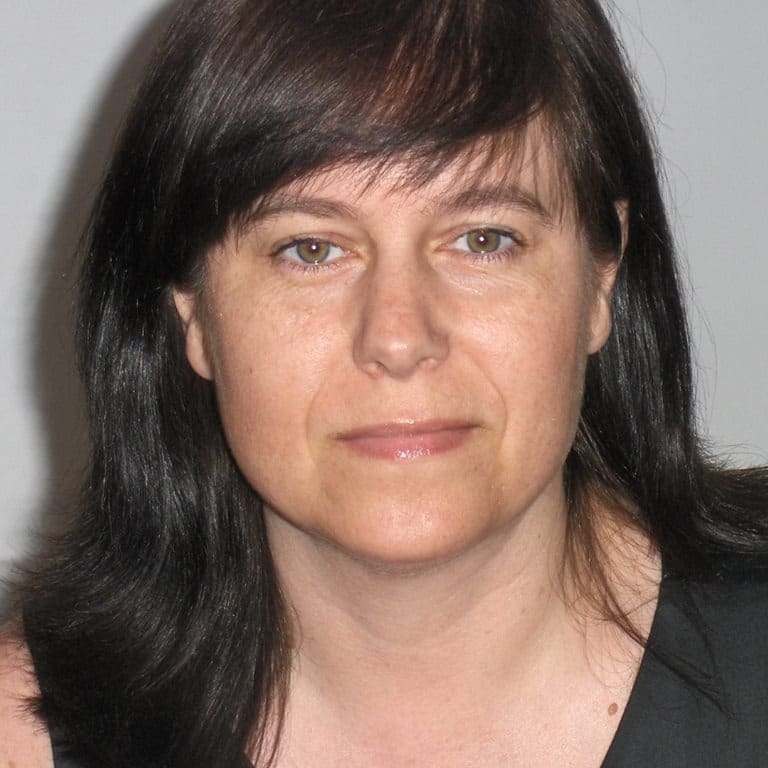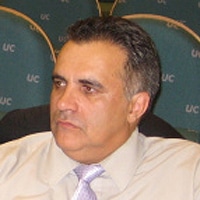About
WHAT WE DO
SUMMARY
The Life Quality Research Centre (LQRC-CIEQV) is a multidisciplinary R&D Unit focused on society’s challenges in the maintenance of high standards of quality of life across different age groups and social contexts in a sustainable manner. It is aligned with the priorities of the Agenda 2030, and it encompasses a comprehensive framework that includes social, economic, and environmental issues relevant to health and well-being (SDG 3), quality education (SDG 4), decent work and economic growth (SDG 8), and gender equality (SDG 5).
LQRC-CIEQV’s mission is to promote life quality improvements across human beings by creating and transferring knowledge and innovative programs from applied and multidisciplinary research to society with a technological and sustainable focus, and innovative purpose.
Given the Centre’s multidisciplinary nature, it comprises five scientific areas of activity corresponding to five research thematic lines, namely:
(i)Education Science – Quality Education;
(ii)Social Science – Social Sustainability and Entrepreneurship;
(iii) Agricultural Science – Sustainable agri-food systems;
(iv) Sports Science – Physical Activity and Sports; and
(v) Health Science – Social Determinants and Health Indicators for Quality of Life.
The LQRC-CIEQV focuses on interdisciplinary research projects to address critical issues affecting human well-being, such as education, healthcare, nutrition, and socio-economic opportunities. Through this, the center aims to generate new technologies and solutions for societal benefit, fostering collaboration among researchers and supporting early career researchers. Additionally, partnerships with various sectors facilitate the application of research findings, while promoting inclusivity and diversity in research endeavors. Also, LQRC encourages excellence in research and innovation, monitoring their impact on society and scientific community.
ARTICLE
SUSTAINABILITY
Conceptual framework for the research on Quality of Life
reAuthors:
José Rodrigues, Carla Chicau Borrego, Paula Ruivo, Pedro Sobreiro, David Catela, José Amendoeira and Rui Matos
Abstract:
The article presents the reference framework for multidisciplinary research at the Life Quality Research Centre (LQRC). The research paradigm about the citizens’ quality of life in society imposes a multifaceted and complex analysis. At the LQRC we address this as thematically divided into six scientific areas: education and training; physical activity and healthy lifestyles; food production and technology on food behaviors; organizational dynamics; motor behavior; and individual and community health. These areas are clearly related to the concept of quality of life. They fit the goals and dynamics of the research centre. In each section, the authors develop the themes of research projects and the challenges that characterize research in the area of quality of life. It is clear that there is an agreement and understanding that ensures that quality of life research is on the agenda of the world organizations related to scientific research and human development. This is a real challenge for scientific research centres, since multidisciplinary paradigms are the foundation of our collective organization, and the evolution of research on quality of life could fulfil current needs and lead to the improvement of citizen lives.

Beatriz Urbano López de Meneses
Spain

Harry Daniels
United Kingdom

Maria José Sousa
Instituto Universitário de Lisboa
Portugal

Marianne Pitkajarvi
Metropolia University of Applied Sciences
Finland

Antonio Hernández Mendo
University of Málaga
Spain
OUR
Objectives
Life Quality Research Center’s (LQRC-CIEQV) mission is to contribute to the improvement in the quality of life across human beings and contribute to the creation of knowledge and innovative programs, focusing on technological, sustainable, and innovative approaches. Accordingly, the following objectives are defined:
– Establish and strengthen partnerships across diverse geographic and cultural regions, with a focus on addressing the developmental and evolving needs of communities.
– Promote scientific production and dissemination.
– Promote the creation of LQRC scientific legacy through products, services, technologies, and patents.
– Promote internationalization and collaboration networks.
– Develop a doctoral program within the scope of Quality of Life, mobilizing the interdisciplinarity inherent to the scientific areas of LQRC.
– Support the training and development of young researchers, providing opportunities to participate in research projects, publications, and dissemination activities.
– Promote scientific and technological culture through citizen science initiatives, engaging citizens in research projects and outreach activities to democratize the scientific process.
– Prioritize open science principles to drive collaboration and innovation.
– Prioritize data privacy, adhering to GDPR and national laws.
– Promote gender equality and inclusiveness.
Institutional
OUR
Documents
Institutional Partners
As an HEI at the service of society, the Polytechnic University of Beja assumes as its main attributions the carrying out of research, experimentation and support and participation in scientific institutions; the transfer and valorization of scientific and technological knowledge; the implementation of professional training and knowledge updating actions; and the provision of services to the community and promotion of sustainable development. To this purpose, it has several facilities and laboratories to support academic and scientific projects, of national and international dimension, such as, the Observatory of the Dynamics of Aging in Alentejo, the Center for Studies in Social Work, the Rehabilitation Laboratory, the Laboratory of Art and Multimedia Communication, the Brincatorium, the Center for Languages and Cultures, and the Laboratory of Innovation in Regional Development and Entrepreneurship, this one in partnership with the Federal Institute of Santa Catarina, the University of Planalto Catarinense and the Orion Technological Park in Brazil. The Polytechnic University of Beja also integrates the European University with the Heroes Project – Higher Education for Resilience-Oriented and Empowered Societies, together with eight Higher Education Institutions from Germany, Belgium, Czechia, Denmark, Finland, Lithuania, the Netherlands and Sweden, assuming the coordination of the workpackage “Joint Practice-Oriented Research Hub”.